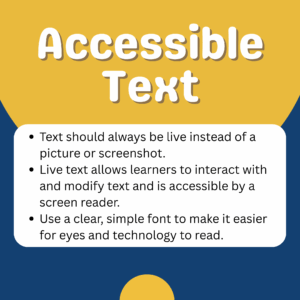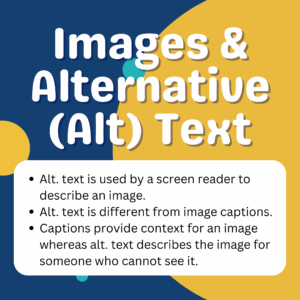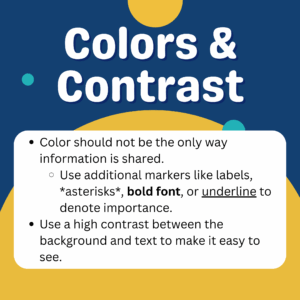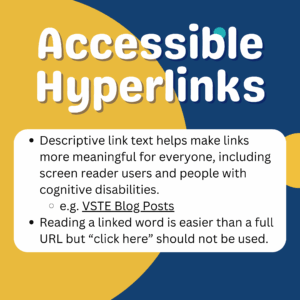Written by VSTE Professional Services member Sarah Finch (@mrs.finch_tech)
In today’s world, a smartphone is as common in a student’s backpack as a textbook once was. Our students are digital natives, growing up in a world where social media, online gaming, and instant information are the norm. While they may be tech-savvy, are they truly equipped to navigate the complexities and challenges of the digital world?
For many of our students, the answer is no. Digital citizenship is more than just a buzzword; it’s a critical, and often overlooked, component of a well-rounded K-12 education. That is why it is important to carve out some time to include digital citizenship into our lessons.
What is Digital Citizenship?
Digital Citizenship is more than just knowing how to use a computer. It’s about empowering students to be responsible, respectful, and safe online. It encompasses a wide range of topics, including:
- Digital Etiquette
- Encourage students to be careful with their words, use complete sentences in emails, and to report cyberbullies and internet trolls.
- Digital Downtime
- Encourage students to be aware of when it's time to step away from technology and hangout with their family and friends face to face.
- Digital Integrity
- Encourage students to know how to cite their sources and give credit where credit is due. Teach them about copyright and fair use laws when sharing or using others’ work.
- Digital Privacy
- Encourage students to check their privacy settings on social media and to be careful about what they share online with strangers.
- Digital Security
- Encourage students to use multiple strong passwords that include capital and lowercase letters, numbers, and symbols. Teach them how to be aware of scams and phishing attacks.
- Media Literacy
- Encourage students to think for themselves and not take everything at face value. Teach them to verify information, using multiple sources.
Integrating Digital Citizenship into School Culture & Partnering with Families
Digital citizenship is not a one-and-done lesson. It needs to be an ongoing conversation, integrated across subjects and grade levels. It requires a collaborative effort between schools, parents, and the students themselves.
Parents can reinforce these lessons at home by:
- Engaging in open and honest conversations about online activities.
- Setting clear expectations and rules for device usage.
- Modeling responsible online behavior themselves.
Schools can lead the way by:
- Developing a comprehensive, age-appropriate curriculum.
- Providing professional development for teachers.
- Creating a supportive environment where students feel safe to report online issues.
In a world where screens are an extension of our lives, teaching digital citizenship isn’t about limiting our students’ access to technology. It’s about empowering them to thrive in it. It’s about giving them the tools to be smart, kind, and responsible global citizens, both online and off.












